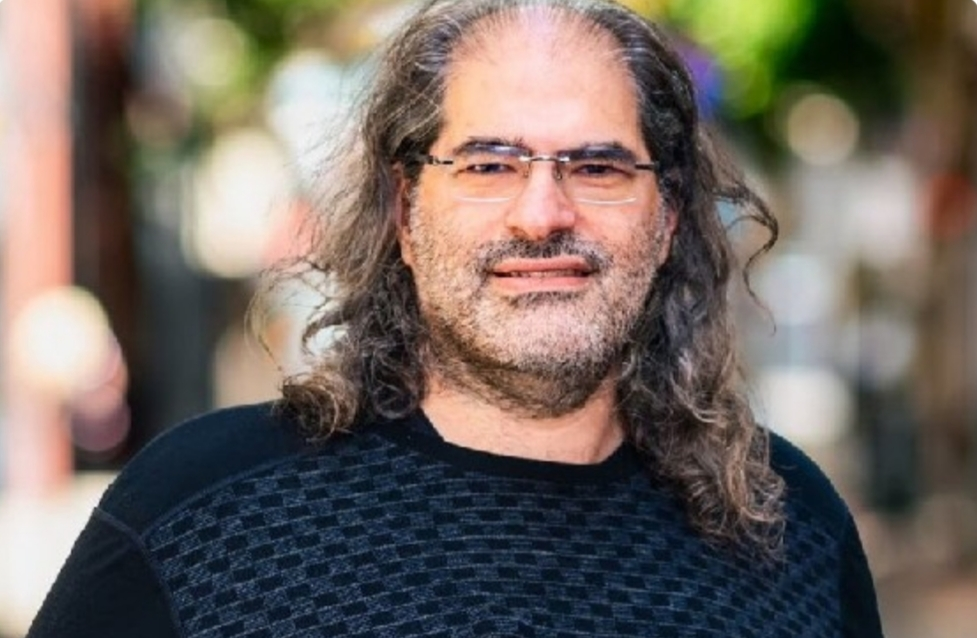
The answer from the official source: No.
In a recent interview with Decrypt, David Schwartz, the CTO of Ripple and one of the founders of the XRP Ledger, denied the recurring rumor that Ripple has hidden authority or a "backdoor" that allows it to control the network.
---
🧠 Key points made by Schwartz:
🔹 Ripple does not control the network:
> "We are major contributors to the ecosystem, yes. But it is not in our interest to control or impose dominance over the network."
🔹 There is no backdoor:
The XRP Ledger protocol is open source and does not include any secret mechanism that allows Ripple to censor transactions or unilaterally change the system.
🔹 Ripple cannot stop transactions:
> "Ripple has never stopped any transaction, and if that were to happen, it would have been announced."
🔹 Changes to the system require approval from 80% of the participants.
Any modification in the way transactions are processed within the network must be approved by 80% of the nodes participating in the network – not just Ripple.
---
🧮 What about centralization and the number of nodes?
📉 Number of nodes (Validators):
The Bitcoin network has around 23,000 active nodes 🌍
While the XRP Ledger has only 186 nodes, this leads some to question the degree of decentralization.
📌 Schwartz's response:
Anyone can run a node in the XRP network.
Ripple manages only one out of 35 nodes on the default "Trusted Nodes List" (UNL).
> "We represent only about 1% of the network."
---
💰 Does Ripple own a large amount of XRP?
✅ Yes, according to an official report from October, Ripple holds 38 billion XRP in an escrow account, which is a significant proportion of the total supply of 100 billion.
⚠️ But: Having a large number does not mean direct technical control over the network, but rather gives Ripple economic leverage – and this is a different issue from controlling the technical infrastructure.
---
🔒 How does network protection work?
The network relies on what is known as Unique Node Lists (UNLs), which is a list of all trusted nodes selected by the user or developer. Ripple is not the only entity controlling these lists, as the XRP Foundation prepares the default list.
---
🧩 Comparison with Ethereum:
Schwartz's role in the XRP Ledger was compared to Vitalik Buterin's role in Ethereum. The difference is that Ripple as an institution holds a massive amount of XRP, while Buterin does not have the same control over ETH.
---
🧠 Summary:
XRP Ledger does not have a backdoor.
Ripple does not control transactions or changes in the network.
The system requires a collective vote of 80% for any modification.
The number of nodes is lower than in other networks like Bitcoin, but it is open to anyone who wishes to operate.
Ripple owns a large amount of XRP, which gives it economic leverage rather than technical control.
📍Source: David Schwartz Interview - YouTube